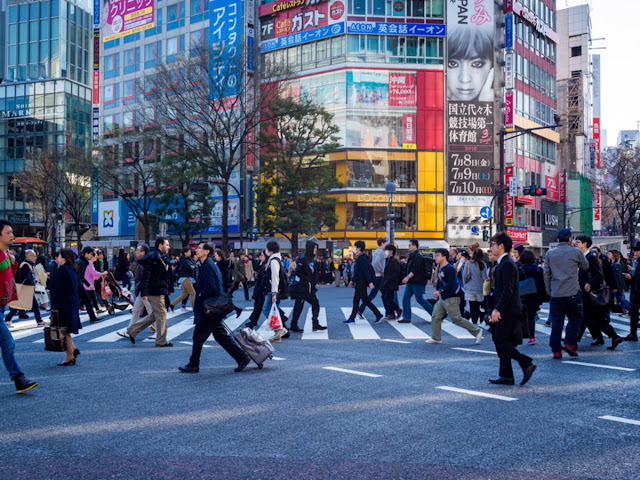Gender roles, values and labels
GENDER ROLES
South Korean society has historically been patriarchal and deeply rooted in tradicional models in diferent areas of life. For example, in the tradicional family model, youg married has great relevance, the woman takes the role of mother and houswife while the man only takes care of work.
However, since the 1960s, after the entry of women into the workforce, women´s roles have been changing. Today young women seek a higher academic level and better jobs, they get involved in politics, art, medicine, sports, among other areas. On the other hand, nowdays many women tend to leave their positions and studies after getting married and having children to take care of their children. In addition there is still a preference for boys over girls and this leads in some cases to clandestine abortion.The male role continues to have a higher percentage in the workplace and occupies the highest hierarchical levels. For example, in politics the percentage is 70 percent. On the other hand, in the last decade the male role has become more involve in aesthetics and personal care, Seoul being the capital of male makeup.
Hahn: Is the collective feeling of frustration and it manifests itself in the rise of nationalism, work ethic, and the intense focus on korean prosperity that generate frsutration on the korean people.
Chaemyoun: It´s about the concept of face and referes to the appearance people want to present to others, in regard to their gender roles in family and society. People want to maintain the best possible image and enjoy a better social status.
Confucianism: This way of thinking emphasis on the importance in healthy human interactions. Promoting defined hierarchical relationships and the values of obedience, responsability and respect. This is seen especially in business, in the social hierarchy and the importance of the age for South Koreans.
Modernity and global culture: Currently, Korean young shows more westernized and individualistic features, this due to the influence of globalization. However this culture continues to be very diligent and competent especially in the educational field.
LABELS✅ When speaking to an older person is important to say first the last name and then the name.
✅ You must wear slippers or socks to enter houses, temples and some restaurants.
✅ Wearing a mask when you are sick is a sign of respect for the community.
✅ If you have finished eating, stay seated and wait for and older person to give you permission to leave.















Comentarios
Publicar un comentario